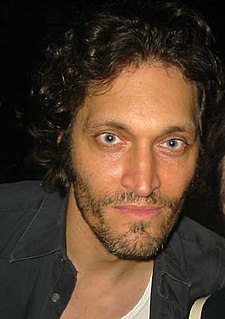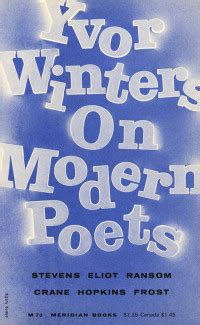A Quote by Jenny Johnson
A poem is a liminal space that can offer a sensation of belonging. A poem won't bring you a cold beer, but it may offer you a stool where you can sit down and feel momentarily at home. LGBT folks need intergenerational spaces where their lives and experiences are foregrounded.
Related Quotes
The subject of the poem usually dictates the rhythm or the rhyme and its form. Sometimes, when you finish the poem and you think the poem is finished, the poem says, "You're not finished with me yet," and you have to go back and revise, and you may have another poem altogether. It has its own life to live.
Lucky accidents seldom happen to writers who don't work. You will find that you may rewrite and rewrite a poem and it never seems quite right. Then a much better poem may come rather fast and you wonder why you bothered with all that work on the earlier poem. Actually, the hard work you do on one poem is put in on all poems. The hard work on the first poem is responsible for the sudden ease of the second. If you just sit around waiting for the easy ones, nothing will come. Get to work.
I would be delighted to show my film in the Viennale. I do not offer press kits. I do not offer stills. I do not offer screeners. I do not offer DVD's. I do not offer posters. I require a first-class flight to bring the print however I do not offer any photo ops or press exchange in any way. My fee for showing my film is $35,000 dollars US.
I tell you, Mr. Okada, a cold beer at the end of the day is the best thing life has to offer. Some choosy people say that a too cold beer doesn't taste good, but I couldn't disagree more. The first beer should be so cold you can't even taste it. The second one should be a little less chilled, but I want that first one to be like ice. I want it to be so cold my temples throb with pain. This is my own personal preference of course.
The statement of ideas in a poem may have to do with logic. More profoundly, it may be identified with the emotional progression of the poem, in terms of the music and images, so that the poem is alive throughout. Another, more fundamental statement in poetry, is made through the images themselves those declarations, evocative, exact, and musical, which move through time and are the actions of a poem.
The poem builds in my mind and sits there, as if in a register, until the poem, or a piece of a longer poem, is finished enough to write down. I can hold several lines in my head for quite some time, but as soon as they are written down, the register clears, as it were, and I have to work with what is on the paper.
What I desire of a poem is a clear understanding of motive, and a just evaluation of feeling A poem in the first place should offer us a new perception..bringing into being a new experience Verse is more valuable than prose for its rhythms are faster and more highly organised and lead to greater compexity.
It's difficult to put your own bare ass out on the limb every time you sit down to write a poem. But that's really sort of the ideal. Because if we don't discover something about ourselves and our world in the making of a poem, chances are it's not going to be a very good poem. So what I'm saying is that a lot of our best poets could be better poets if they wrote less and risked more in what they do.
One day while studying a Yeats poem I decided to write poetry the rest of my life. I recognized that a single short poem has room for history, music, psychology, religious thought, mood, occult speculation, character, and events of one's own life. I still feel surprised that such various substances can find shelter and nourishment in a poem. A poem in fact may be a sort of nourishing liquid, such as one uses to keep an amoeba alive. If prepared right, a poem can keep an image or a thought or insights on history or the psyche alive for years, as well as our desires and airy impulses.



































